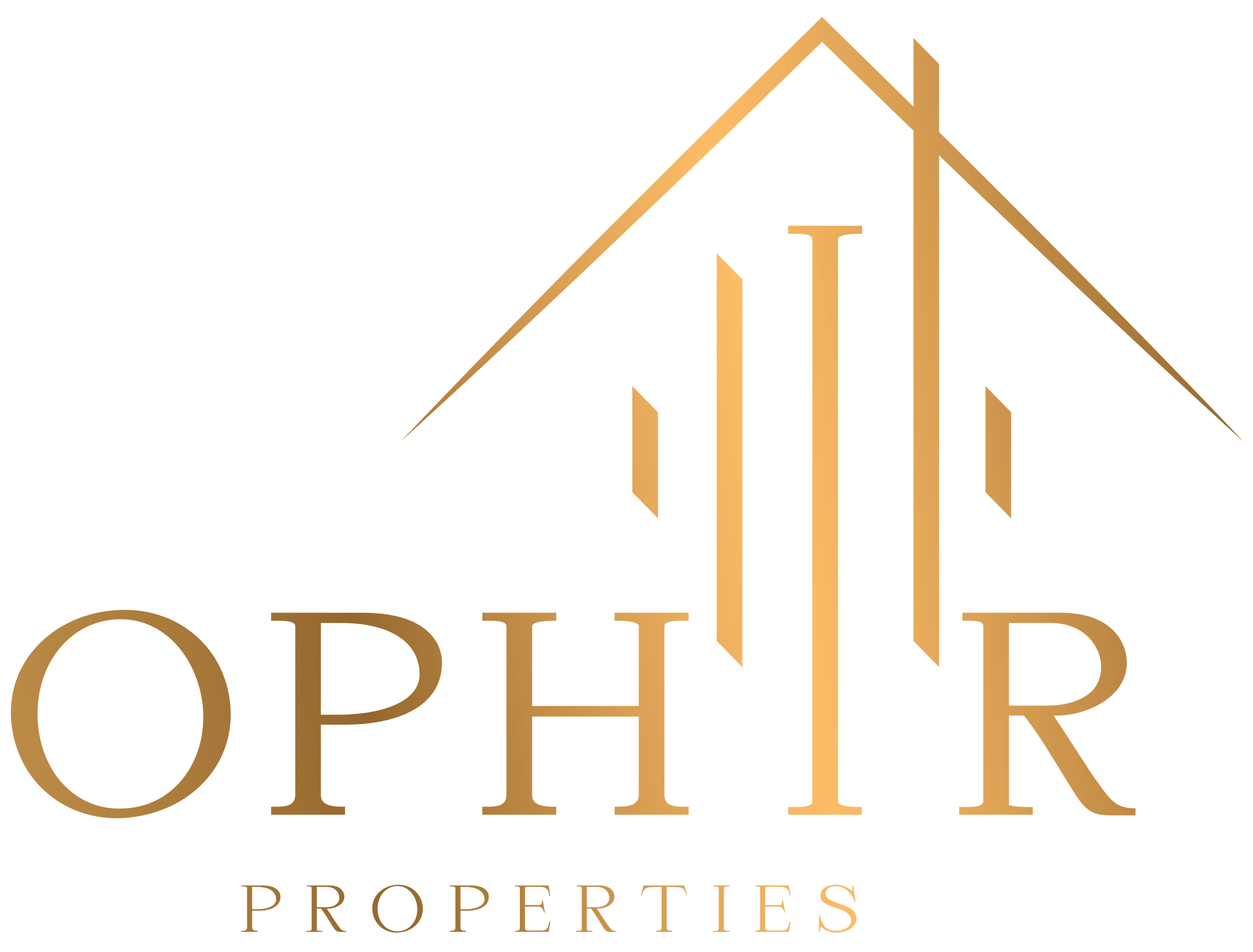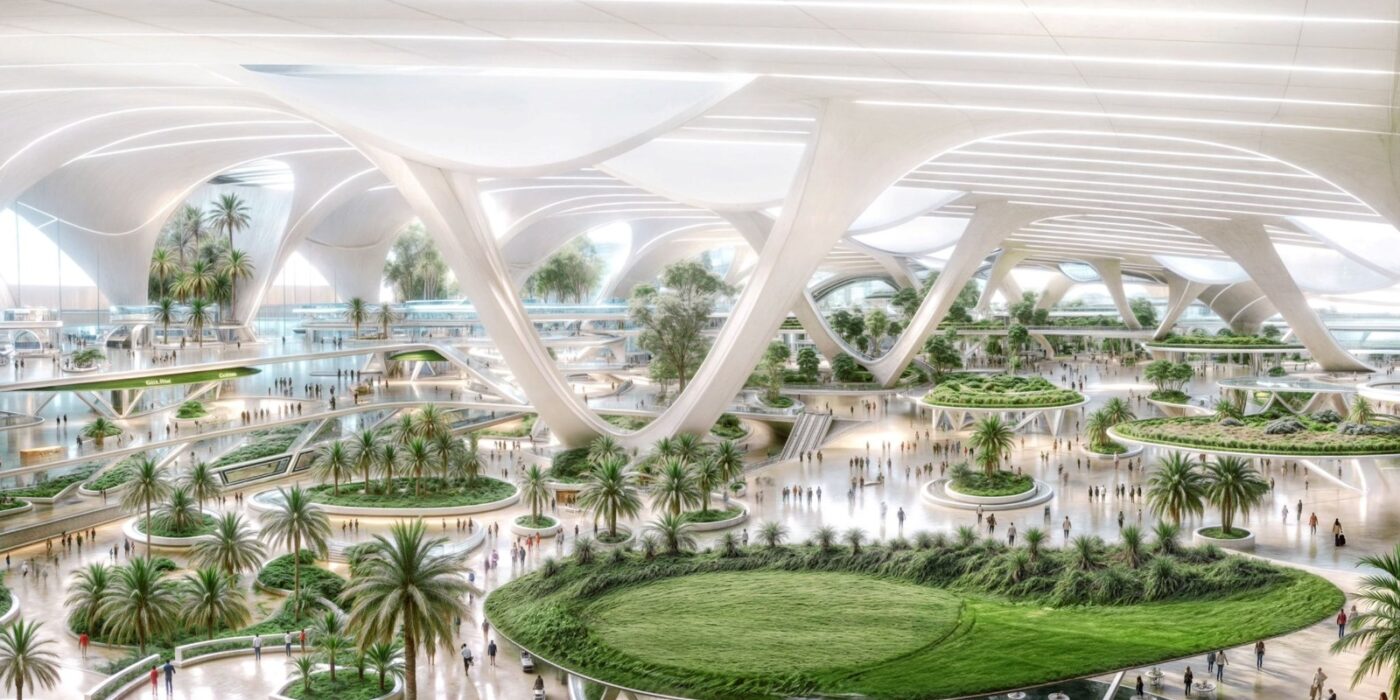The UAE Real Estate Market—Poised for Transformation
The United Arab Emirates (UAE) has long been at the forefront of real estate innovation, with iconic developments that have captured global attention. As the nation continues to evolve, so too does its real estate market. With a strong foundation built on economic diversification, technological advancement, and sustainable growth, the UAE is set to embrace new trends that will shape the future of its property sector. This article delves into the key trends to watch in 2025 and beyond, offering insights into how these developments will impact investors, developers, and residents.
Smart Cities and Digital Transformation: The Rise of Tech-Driven Communities
The concept of smart cities is rapidly gaining traction in the UAE, with the government investing heavily in digital infrastructure to create interconnected, technology-driven communities. Developments such as Dubai’s Smart City initiative and Abu Dhabi’s Masdar City are leading the way, integrating advanced technologies like the Internet of Things (IoT), artificial intelligence (AI), and blockchain to enhance urban living.
These smart cities are designed to optimize energy efficiency, improve public services, and create sustainable environments that cater to the needs of a tech-savvy population. For investors, the rise of smart cities presents new opportunities in the real estate market, with properties in these high-tech communities likely to command premium prices due to their innovative features and sustainable design.
Sustainable Development: The UAE’s Commitment to Green Real Estate
Sustainability is no longer a trend but a necessity in the UAE’s real estate market. As the nation seeks to reduce its carbon footprint and align with global environmental standards, green building practices are becoming the norm. The UAE Green Building Regulations and the Estidama Pearl Rating System in Abu Dhabi are examples of the government’s commitment to promoting sustainable construction.
Developments such as The Sustainable City in Dubai and Masdar City in Abu Dhabi showcase the potential of eco-friendly communities that prioritize renewable energy, water conservation, and waste reduction. For investors, properties within sustainable developments offer long-term value, as demand for environmentally responsible living spaces continues to grow, and these properties are likely to enjoy higher occupancy rates and rental yields.
The Growth of Mixed-Use Developments: A New Era of Urban Living
Mixed-use developments are becoming increasingly popular in the UAE, reflecting a shift towards integrated, walkable communities that combine residential, commercial, and leisure spaces. These developments cater to the modern lifestyle, where convenience, accessibility, and work-life balance are paramount.
Projects like Dubai Creek Harbour, Abu Dhabi’s Al Maryah Island, and Ras Al Khaimah’s Mina Al Arab exemplify this trend, offering residents a seamless blend of living, working, and recreational environments. For investors, mixed-use developments provide a diversified portfolio within a single location, with multiple income streams from residential units, retail spaces, and commercial offices.
Affordable Housing: Meeting the Demand for Mid-Market Properties
While luxury real estate has traditionally dominated the UAE market, there is a growing demand for affordable housing that caters to the middle-income segment. The government’s initiatives to increase the supply of affordable properties, such as Dubai’s Affordable Housing Strategy, aim to create more inclusive communities and address the needs of a diverse population.
Developers are responding to this demand by launching projects that offer quality housing at accessible price points, particularly in emerging areas like Dubai South and Abu Dhabi’s Al Reef. For investors, affordable housing represents a stable and resilient market segment, with strong demand from expatriates and young professionals seeking budget-friendly accommodation.
Real Estate Investment Trusts (REITs): A Gateway for Global Investors
Real Estate Investment Trusts (REITs) are gaining momentum in the UAE, providing a new avenue for both local and international investors to enter the real estate market. REITs offer the advantage of liquidity, diversification, and lower entry costs, making them an attractive option for those looking to invest in the UAE’s property sector without the need for direct ownership.
The growth of REITs is expected to enhance transparency and accessibility in the market, attracting a broader range of investors and increasing the overall attractiveness of UAE real estate as an investment destination. For investors, REITs provide an opportunity to gain exposure to high-quality assets, including commercial properties, hotels, and retail centers, with the potential for stable income and capital appreciation.
The Role of PropTech: Revolutionizing Real Estate Transactions
Property technology (PropTech) is revolutionizing the way real estate transactions are conducted in the UAE. From virtual property tours and digital contracts to blockchain-based property registries, PropTech is streamlining processes, reducing costs, and enhancing transparency in the market.
Developers and brokers are increasingly adopting PropTech solutions to improve customer experiences, with platforms like SmartCrowd enabling fractional property ownership and MyDubaiStay offering seamless short-term rental management. For investors, the rise of PropTech means greater efficiency, easier access to market data, and the ability to make informed decisions with the click of a button.
The Rise of Co-Living and Co-Working Spaces: Redefining Urban Lifestyles
The demand for flexible living and working arrangements is reshaping the real estate market in the UAE. Co-living and co-working spaces are gaining popularity, particularly among millennials and digital nomads who value community, collaboration, and affordability.
Developments such as Koa Canvas in Dubai and WeWork’s expansion into Abu Dhabi highlight the growing trend towards shared spaces that cater to the needs of a mobile and interconnected workforce. For investors, co-living and co-working spaces offer high occupancy rates and the potential for strong returns, driven by the demand for flexible, affordable, and community-oriented environments.
Conclusion: The UAE’s Real Estate Market—A Future of Innovation and Opportunity
As the UAE continues to evolve, its real estate market is set to embrace a future defined by innovation, sustainability, and inclusivity. The trends highlighted in this article—smart cities, green developments, mixed-use communities, affordable housing, REITs, PropTech, and shared spaces—are not just shaping the market but are also creating new opportunities for investors.
For those looking to invest in the UAE’s real estate sector, understanding these trends and their impact on the market is crucial. Whether you’re interested in high-tech smart cities, eco-friendly developments, or affordable housing, the UAE offers a wealth of opportunities in a market that is both dynamic and forward-thinking.

